Welcome to the Wagonex Car Reviews Hub — your central guide to the most popular,...
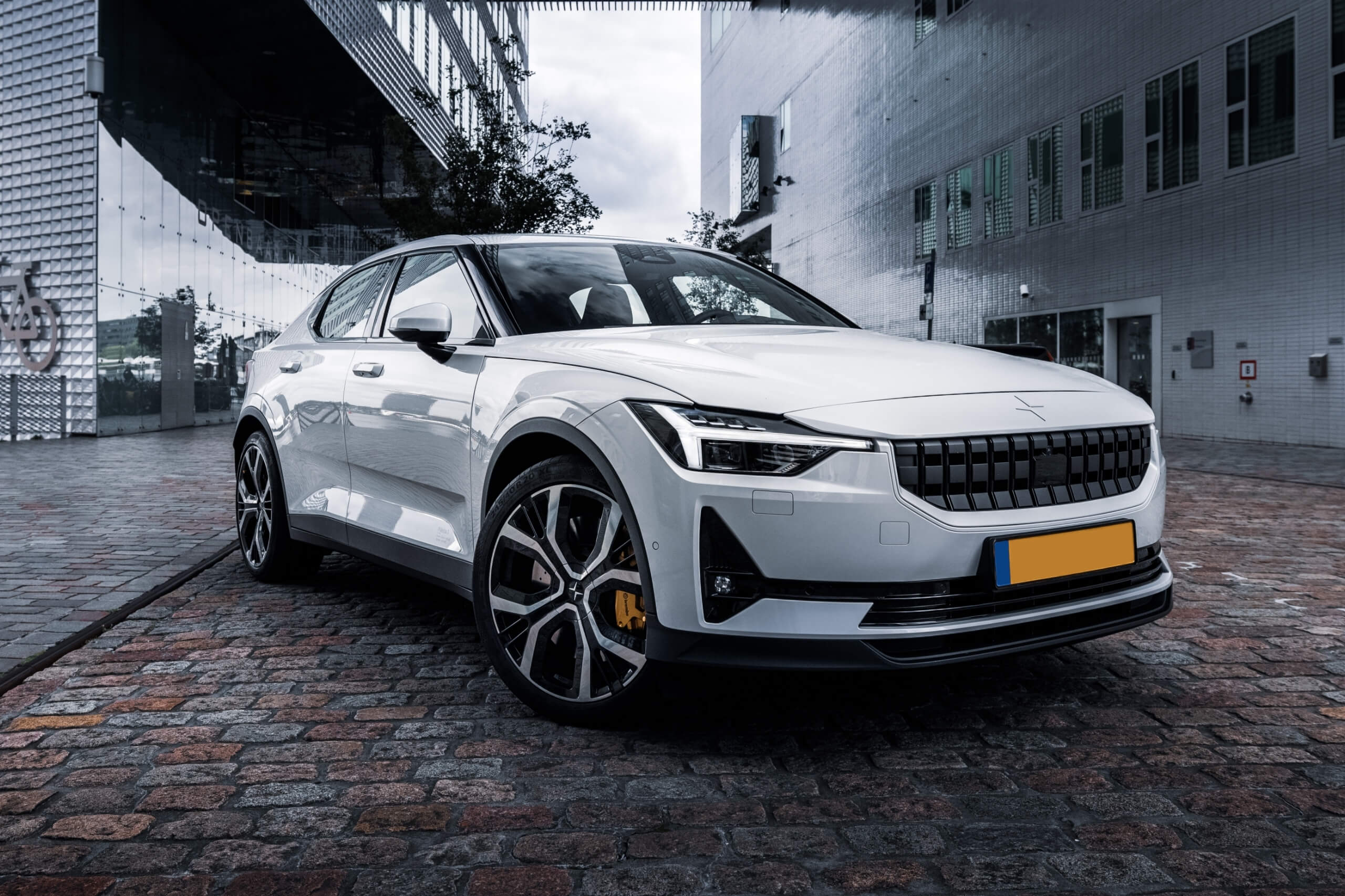
Wagonex | Exploring the True Cost of Car Ownership
There a 32 million licensed cars in the UK today, and chances are, you own one of them.
So, it's vitally important you get the complete picture when it comes to understanding the finances involved in owning a car. That's why we wrote this article, keep reading to find out.
How much does it cost to own a car?
It almost goes without saying that the actual cost varies from different cars and different drivers. Running a Ferrari or a Land Rover will naturally cost more than a Ford Fiesta or a Mini Cooper, and commuting daily to work means paying more in fuel than on occasional journeys. But there are several factors involved in the cost of owning a car, and we’re going to look into them here.
Car Finance
The average annual cost of running a car can be anywhere up to as much as £6000 or more. A substantial portion of this figure comes from using car finance to purchase the vehicle. This is not just because of the actual cost of the car: you may also be paying interest on the monthly instalments. This does depend on whether you choose to lease your car or opt for a personal contract purchase (PCP), and while there are pros and cons to those two financing methods, they will both significantly increase your annual outgoings.
Balloon payments are one part of a PCP, and won’t automatically factor into annual running costs. However, in ensuring you have the money available to pay it off when it comes due, it still contributes to the overall cost of owning a vehicle.
Depreciation
It is also worth noting that the value of most cars depreciates over time. Even if the purchase price is over £15,000, you might only be left with a car that’s worth £5000 by the end of the PCP or lease term. With interest charges on top of depreciation, you could end up paying more overall than the car is worth by the end of the payment period.
If you can buy your car outright, however, that £6000 figure almost halves: the average cost of running a car without finance is around £3400. This represents the cumulative costs of road tax, insurance, maintenance, and fuel. Again, the respective amounts will vary based on your car and how you use it, but one key factor that does not always get discussed is that they can, and often do, increase year on year.
Car Insurance
Regardless of whether you ever have an accident, your insurance premiums may go up from one year to the next. This does depend on your insurer and what policy you take out but both your age and where you live can affect your insurance premiums: younger drivers and city-dwellers tend to experience higher rates than middle-aged drivers and those living in rural areas. Even though insurers are now banned from offering new customers lower premiums than renewing customers, you may still be able to save money by switching insurers. This is more likely to be true for careful drivers with a clean driving history.
Fuel
Fuel costs will vary according to the size of your car’s engine and fuel tank, as well as how often you drive. The price of fuel itself tends to fluctuate with the price of oil, and has been on a general upward trend over the last few years. Even if you have an electric car, you will be paying to charge it – you will just have to factor charging costs into your electricity bill rather than having to visit the nearest garage.
How much is car tax?
Annual car tax, known as Vehicle Excise Duty, changes in line with whatever the Chancellor of the Exchequer decides in the annual Budget. Part of the tax is a set amount that is calculated based on your vehicle’s carbon dioxide emissions – so a hybrid like a Toyota Prius will incur a lower charge than a Ford Fiesta that runs on petrol, for example.
So, whatever that amount is will stay the same annually but, depending on changes made to the Budget, you may end up paying more overall from one year to the next. For now, electric vehicles do not incur Vehicle Excise Duty, which will bring down the annual running costs. However, this may change over the next few years.
Maintenance
Maintenance is another large part of owning a car. Although some can be done by the driver alone, it is often worth getting a professional to look over the car properly. An annual service, though potentially pricy, could save money by taking care of any small problems before they can escalate into something more serious. Although an MOT may not cost more than £60 per year, you can still find providers offering cheaper tests – possibly as cheap as £30 – to save you money.
Even cleaning a car costs money. It might be negligible when compared to the rest of the figures on display here, but if you have time and energy on a sunny day off, you can save money by cleaning your car yourself.
Adding together the costs of buying and running a car makes for an eye-watering sum. On top of that, keeping track of the different payments going to different recipients can be awkward.
This article by Kwik Fit, will give you an even deeper look at the costs.
If you are wondering what is likely to go wrong on your next MOT, check out CarGuide.co.uk. Car Guide is powered by a machine learning platform which analysed over 900m+ data points to predict what parts will go wrong next — helping you plan for what’s further down the road. It will also show you upcoming repairs and servicing costs.
How is a subscription from Wagonex any different?
We built Wagonex as a solution to these painful recurring running costs, we believe running a car should be simple, that's why Wagonex includes all the parts of car ownership that slow you down into a subscription.
You find the car you want on our marketplace, pay a small, refundable deposit at the beginning of the subscription period, and then everything else gets rolled into simple monthly payments.
You'll keep the car for as long as you need for up to 2 years.
No balloon payments, no complicated insurance or tax calculations to worry about. All you have to do is pay for fuel (and maybe the occasional carwash) and arrange insurance.
There is no obligation to buy or sell the car at the end of the term, and you can easily switch to a new car as and when you want to.

Electric Vehicles | A Comprehensive EV Guide by Wagonex
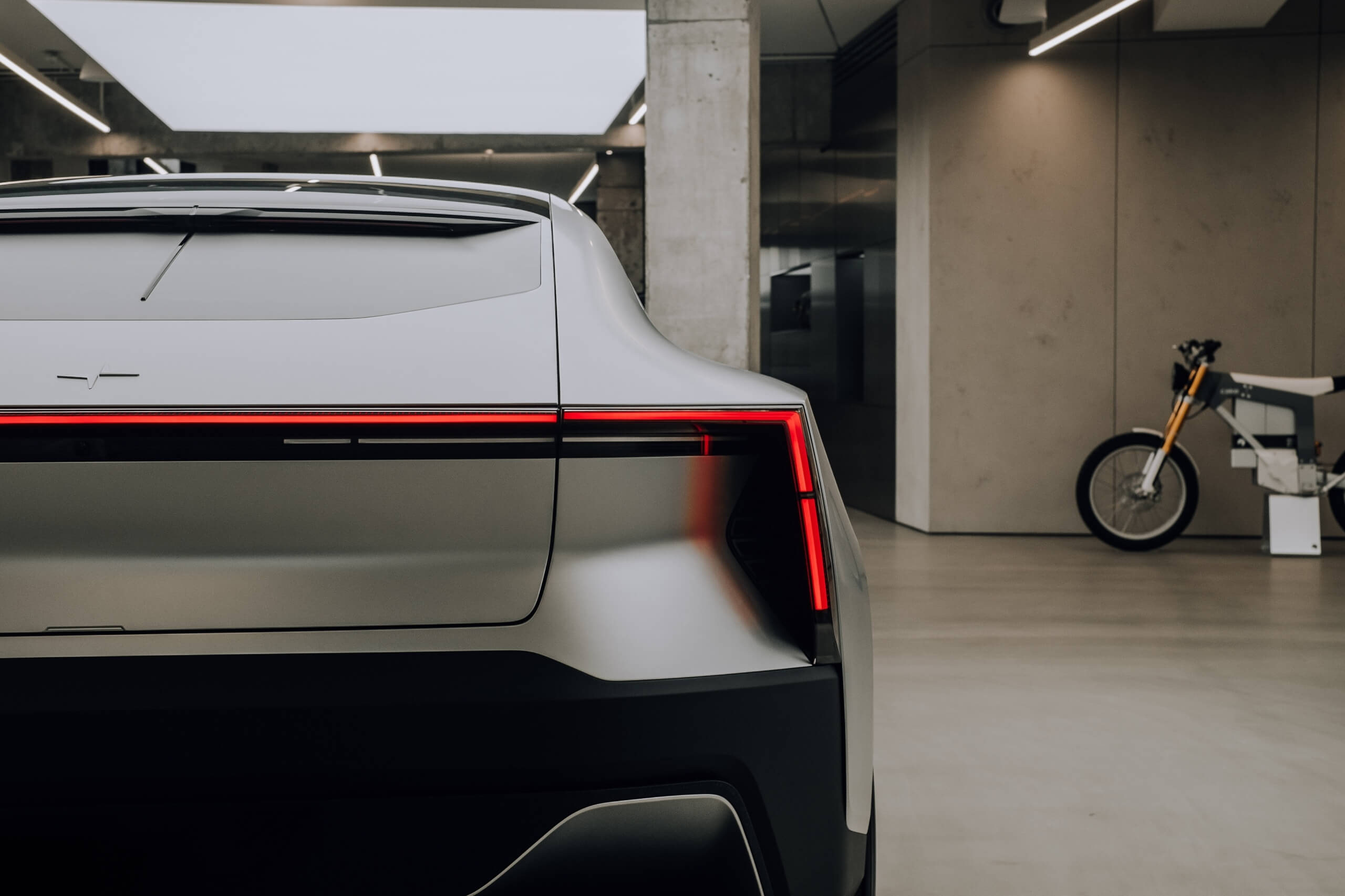


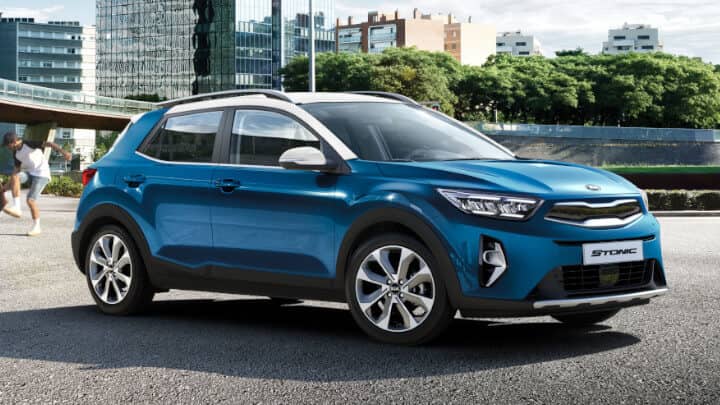
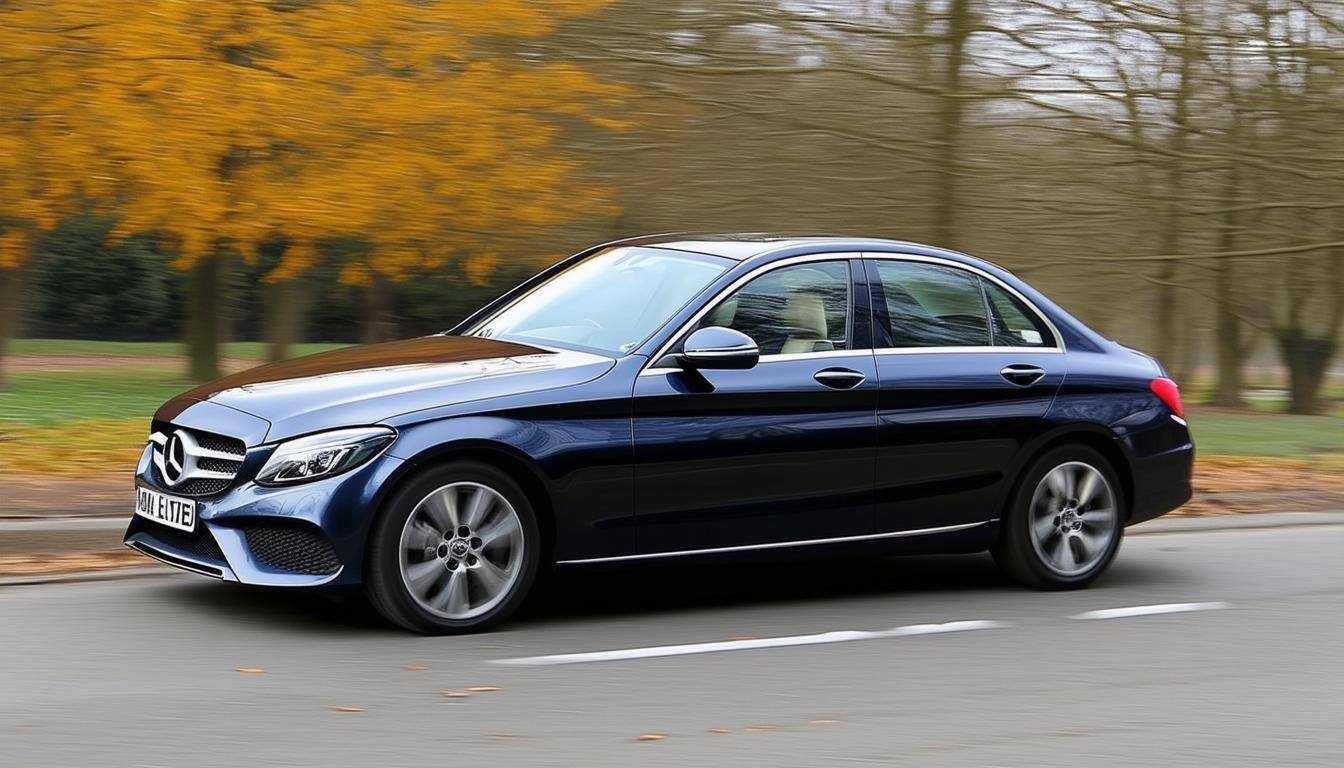

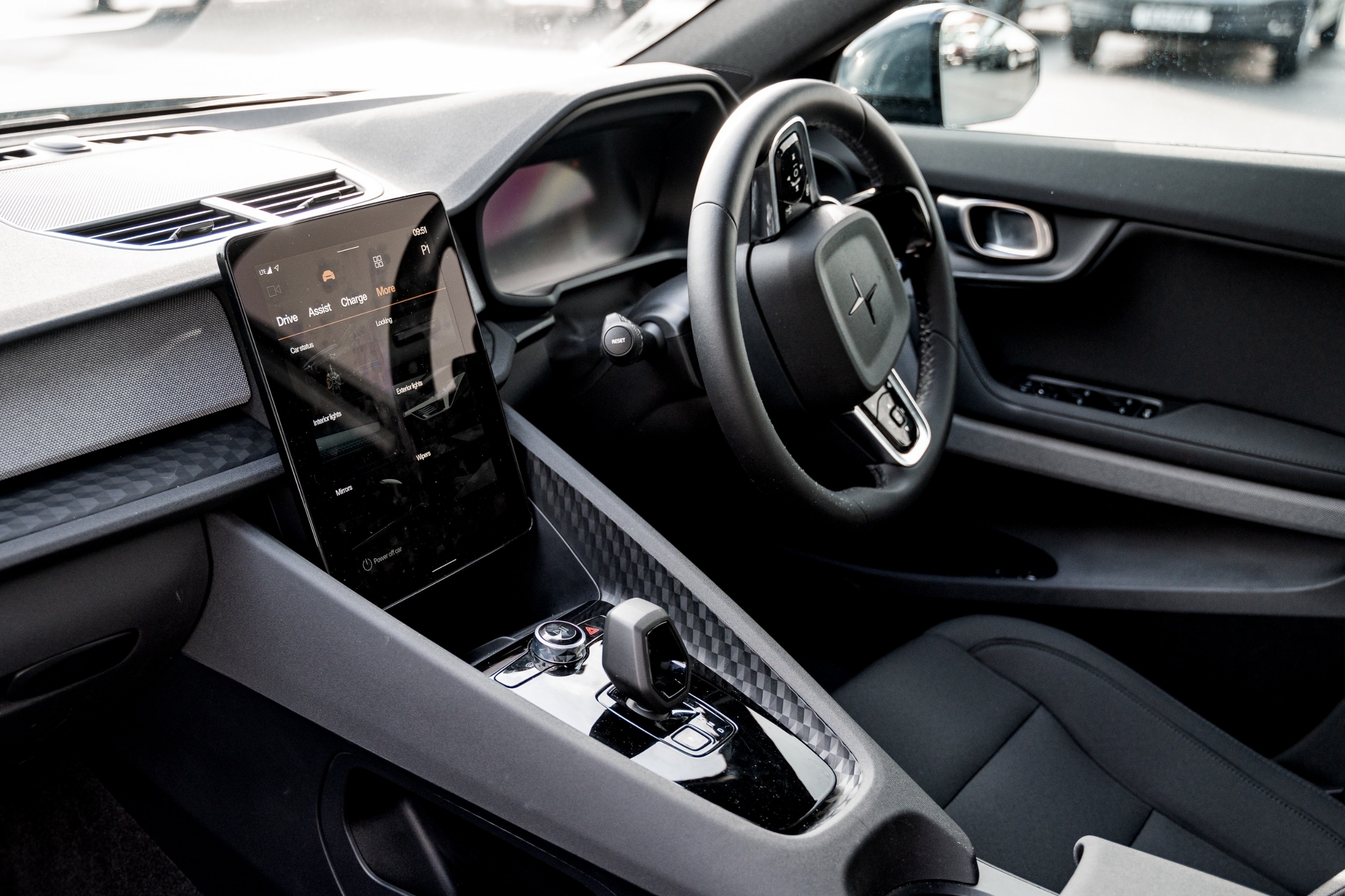

-2.jpg)